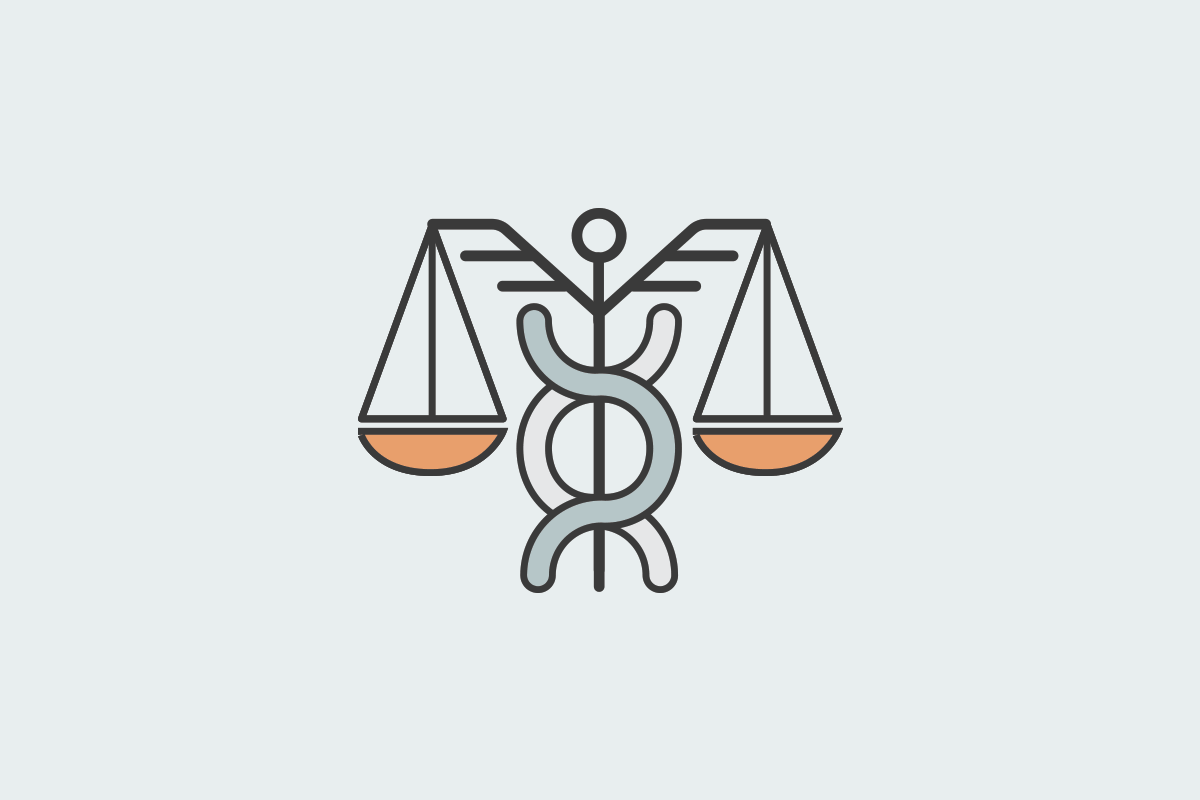It should come as no surprise that the spaces we occupy every day have a huge impact on our overall wellness. The Environmental Protection Agency and Vancouver Coastal Health report that Americans and Canadians spend about 90% of their time indoors. But what about the time we spend outdoors?
Your Welcoa membership has expired.
No, Your ACA-Compliant Wellness Program is Not Exempt from the EEOC Rules
The following article does NOT constitute legal advice and should not be used as such. It is for educational purposes only. Readers should retain legal counsel to obtain definitive answers.
There is a misconception held by some in the workplace wellness industry that if their wellness program is subject to and complies with the Affordable Care Act (ACA) wellness incentive rules, then there is no need to worry about complying with the EEOC rules under the Americans with Disabilities Act (ADA) or the Genetic Information Nondiscrimination Act (GINA). Also, this misconception leads them to believe that the decision in the AARP v. EEOC case, which eliminates the incentive limits under the ADA and GINA as of January 1, 2019, does not impact their program either.
In fact, any workplace wellness program that involves health information collection (in ADA parlance, “medical exams or inquiries”) is subject to the ADA, and if the health information collection involves “genetic information,” then GINA too. GINA defines “genetic information” to include the “manifestation of disease or disorder” in an employee’s family members. See 29 CFR s. 1635.8(b)(2)(i)(A). “Family members” includes an employee’s spouse. So, a workplace wellness program that asks the employee about his or her family medical history, or screens an employee’s family member, is subject to GINA’s incentive rules.
The incentive rules under both GINA and ADA permit employers to impose an incentive of up to 30% of the total cost of self-only coverage to encourage employees and spouses to participate in health information collection activities. The AARP v. EEOC case eliminates these incentive limits as of January 1, 2019. What does that mean in practice? It means that as of January 1, 2019, the workplace wellness industry will not have a dollar limit by which to measure what incentive level allows a medical exam or inquiry to still qualify as “voluntary.” The ADA and GINA require that health/genetic information collection efforts be part of a “voluntary” wellness program. See 29 CFR § 1630.8(d)(2) (ADA) and 81 Fed. Reg. at 31144 (GINA). We know from the AARP v. EEOC case that the court agreed that 30% of the total cost of self-only coverage may not be seen as voluntary by all employees, especially those with lower incomes. So, without guidance from the EEOC as to what incentive amount, if any, can meet the “voluntary” requirements of the ADA and GINA, employer wellness programs are left to guess and assess the risk of using incentives to encourage health information collection participation.
This guesswork and risk assessment includes those programs that are subject to the ACA wellness incentive rules if those programs tie incentives to health information collection efforts. Wellness programs subject to the ACA wellness rules are group health plan wellness programs. Group health plan wellness programs that vary premium amounts as the incentive for wellness program participation should re-evaluate their incentive levels in light of the AARP v. EEOC case. The ADA wellness rule prohibits employer wellness programs from “denying coverage” or “limit[ing] the extent of benefits” for employees who do not participate in the health information collection activity. Currently, the ADA permits employers to limit employee benefits as long as the limitation does not exceed 30% of the total cost of self-only coverage. 29 CFR § 1630.8(d)(2)(ii) and (d)(3). But, as mentioned above, that incentive safe harbor disappears as of January 1, 2019. So, a question group health plan wellness programs will need to ask is whether offering reduced premium for participating in a health information collection activity will equate to limiting employee benefits. Perhaps the EEOC will provide some guidance on that in the future, but it is very possible that guidance won’t exist before January 1, 2019. Group health plan wellness programs should at the very least work with their legal counsel to assess the risk of using premium reduction incentives as we move closer to 2019.

Barbara J. Zabawa
President of the Center for Health and Wellness Law, LLC
wellnesslaw.com
Health Promotion Program Legal Updates*
Every 3rd Wednesday from 10:00–11:00 AM CT
*This is an exclusive WELCOA Member Resource.




